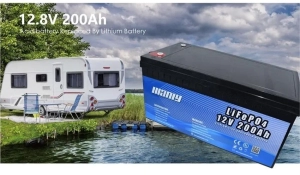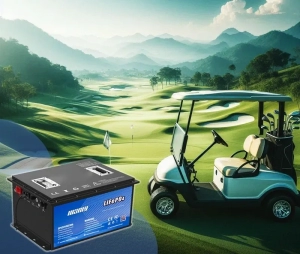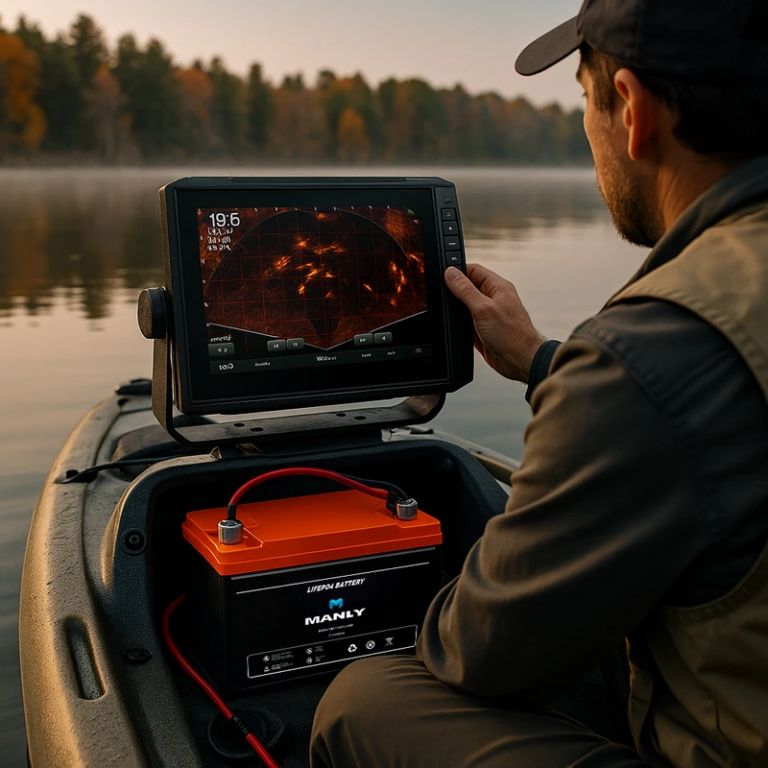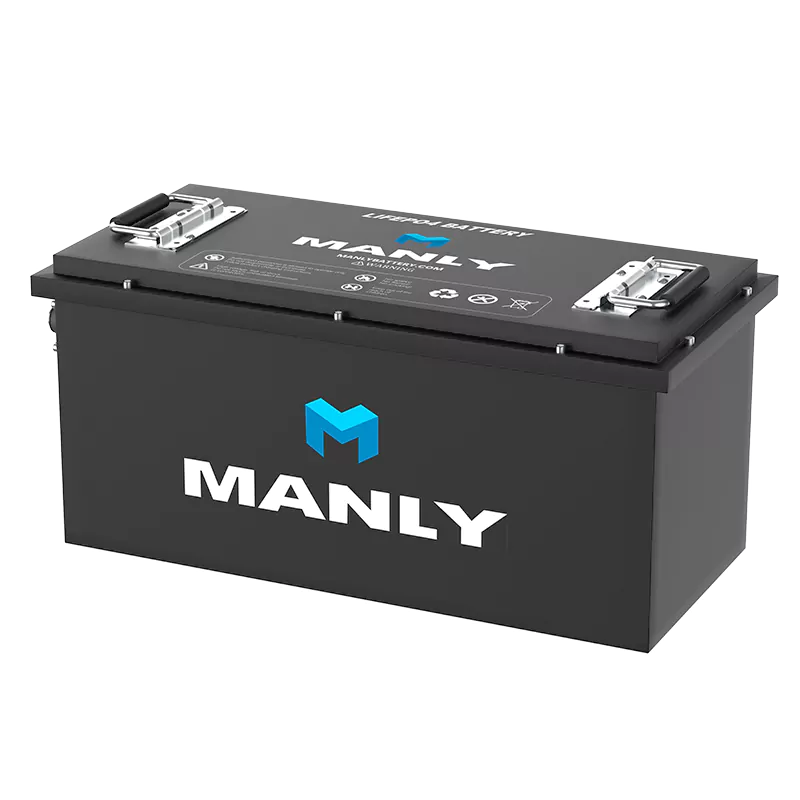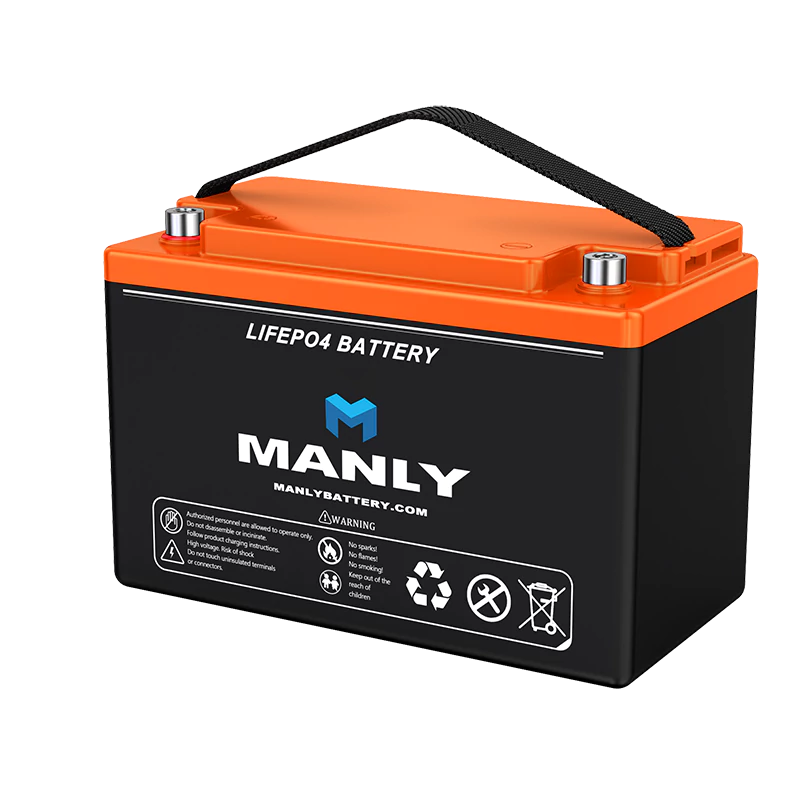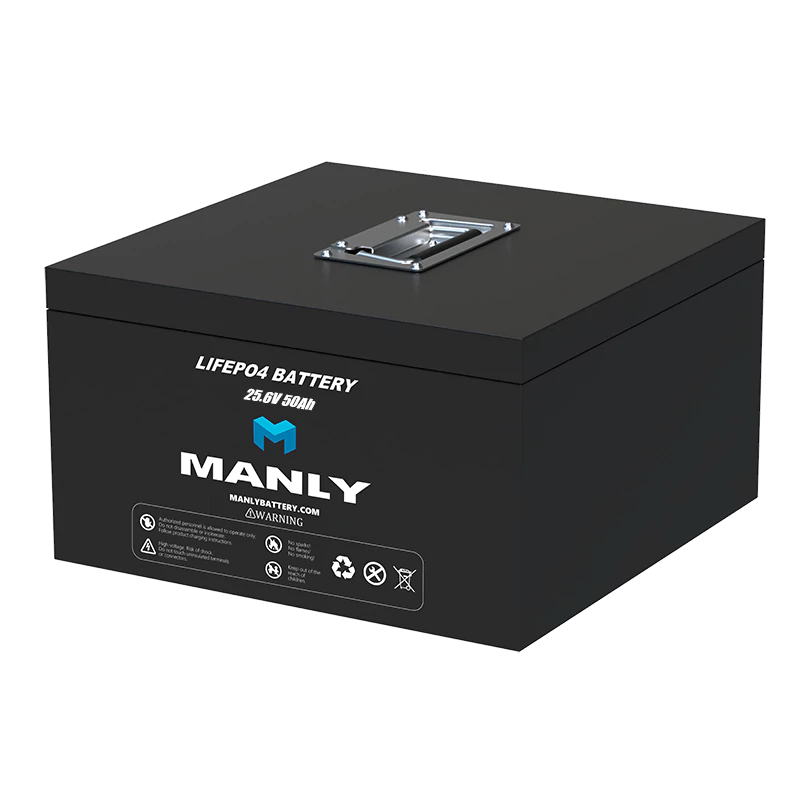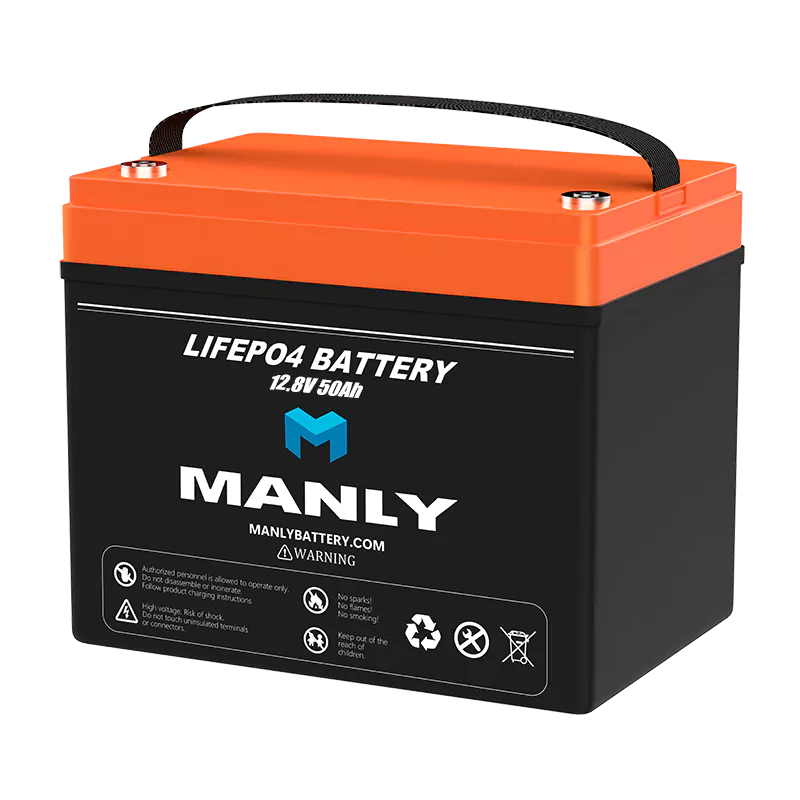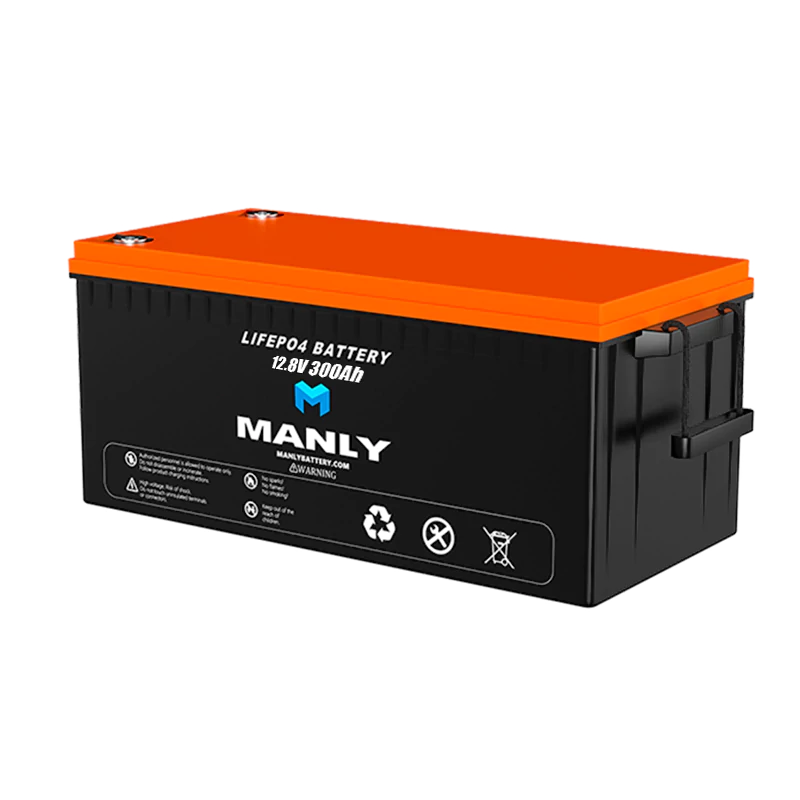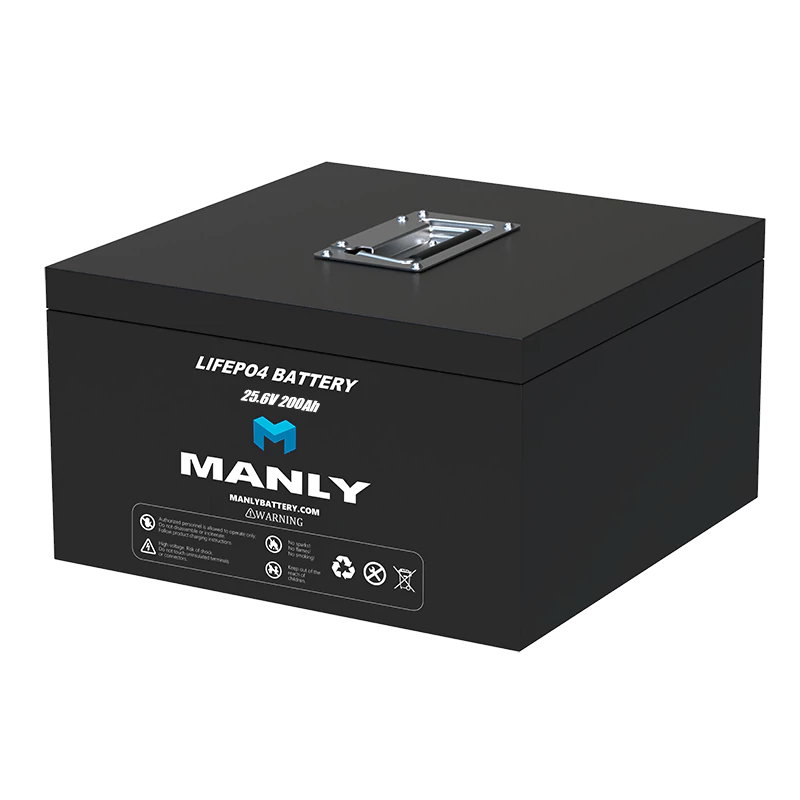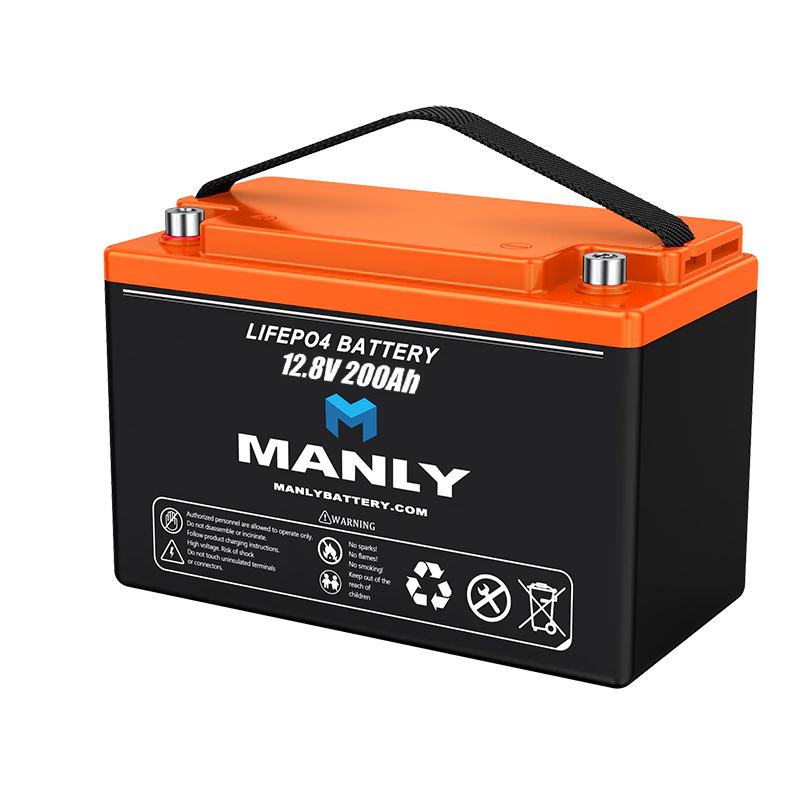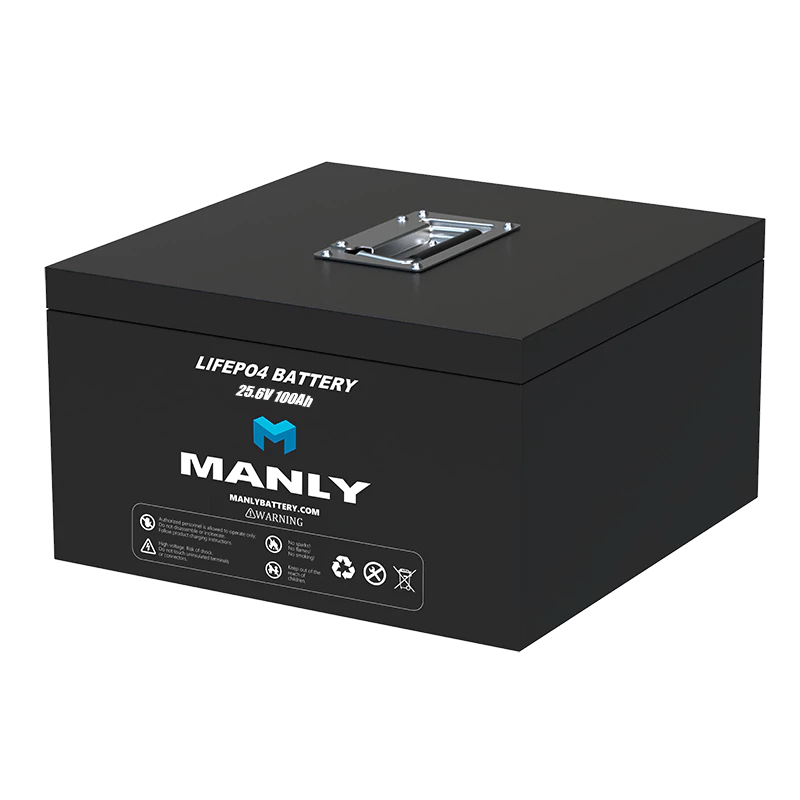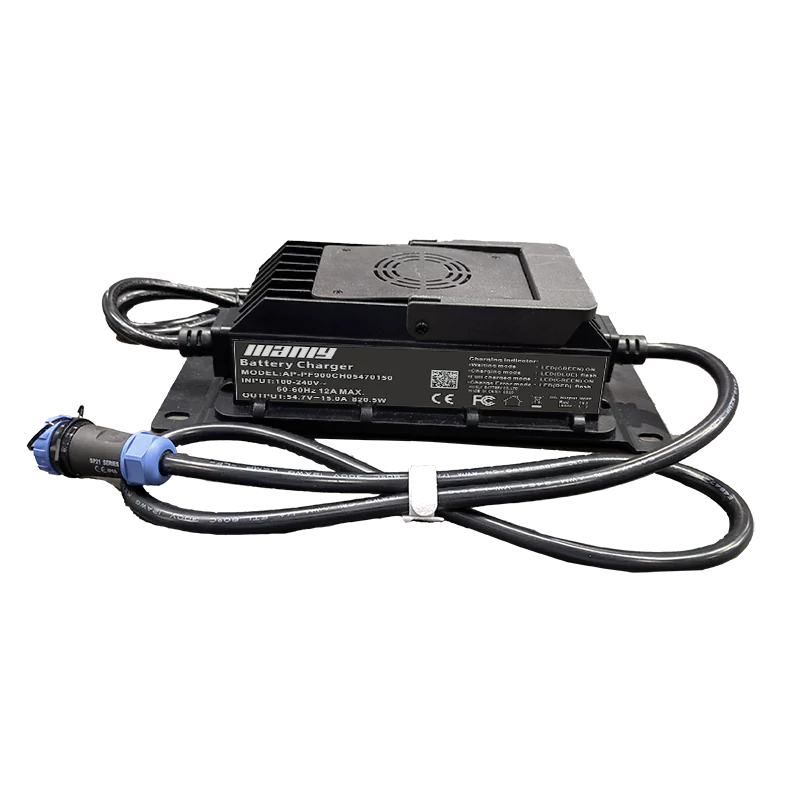O que é comércio atacadista? Um guia para atacado e benefícios de baterias de lítio
Índice
- O que é comércio atacadista? Um guia para atacado e benefícios de baterias de lítio
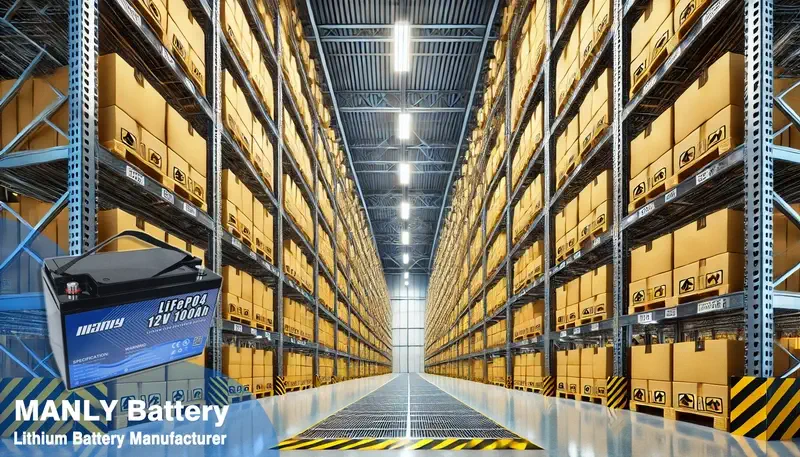
Definir comércio atacadista
O que é comércio atacadista?
Comércio atacadista refers to the practice of purchasing goods in large quantities from manufacturers or distributors and reselling them in smaller quantities to businesses, organizations, or other wholesalers. Unlike retail trade, which targets end consumers, wholesale trade serves as a crucial link in the supply chain, ensuring that products move efficiently from producers to market-ready businesses.The concept of define wholesale trade is central to understanding global commerce. Wholesale operations often involve the storage and distribution of products in warehouses or offices, allowing businesses to reduce procurement costs and streamline their inventory. This approach not only benefits large-scale organizations but also supports small businesses with discounted bulk products.For example, battery wholesale is a specialized segment of wholesale trade, providing energy storage solutions to various industries, such as renewable energy and transportation. Companies like MANLY Battery exemplify this by offering bulk orders of high-quality lithium batteries to B2B wholesalers, government entities, and institutional buyers.Principais características do comércio atacadista
- Preço econômicoUma das características mais significativas do comércio atacadista é a sua estratégia de preços. Os atacadistas compram produtos a granel, o que lhes permite negociar custos unitários mais baixos. Essas economias são então repassadas aos seus clientes, permitindo que as empresas melhorem as margens de lucro. Em setores como o atacado de baterias de lítio, essa eficiência de custos é vital para expandir as operações e, ao mesmo tempo, manter preços competitivos.
- Transações em grande escalaO comércio atacadista concentra-se no tratamento de grandes transações, muitas vezes envolvendo milhares de unidades em um único pedido. Este modelo baseado em volume foi projetado para atender empresas e não consumidores individuais. Por exemplo,compre direto do fabricanteestratégias nos mercados de baterias ajudam a reduzir os custos intermediários, garantindo ao mesmo tempo um fornecimento consistente.
- Base de clientes-alvoAo contrário do comércio retalhista, o comércio grossista serve exclusivamente empresas, incluindo retalhistas, agências governamentais e operadores industriais. Este modelo focado em B2B promove parcerias de longo prazo e garante uma demanda constante por produtos. Os atacadistas geralmente fornecem soluções personalizadas, como serviços de atacado como embalagem, gerenciamento de estoque e logística.
- Integração da cadeia de suprimentosOs atacadistas atuam como parte integrante da cadeia de abastecimento, fazendo a ponte entre os fabricantes e o mercado. Eles fornecem armazenamento, distribuição e serviços de valor agregado, garantindo o bom fluxo de mercadorias. No caso de atacado de bateria, empresas como a MANLY Battery agilizam a logística para atender à alta demanda por baterias de lítio em diversas aplicações.
Tipos de comércio atacadista
Atacadistas Comerciantes
Merchant wholesalers are a traditional and common type of wholesale trade. These wholesalers purchase goods directly from manufacturers, hold inventory in their warehouses, and sell these products to retailers or other businesses. Unlike agents or brokers, merchant wholesalers own the goods and are responsible for any losses during the buying and selling process.Merchant wholesalers operate in various industries, such as consumer goods, electronics, and specialized sectors like battery wholesale. For instance, in the growing lithium battery wholesale market, merchant wholesalers play a critical role in supplying businesses with high-demand products such as lithium batteries for energy storage and electric vehicles. Their ability to maintain stock and manage distribution ensures that businesses can meet customer demands promptly.Agentes e Corretores
Agents and brokers differ significantly from merchant wholesalers as they do not own the goods they handle. Instead, they act as intermediaries, connecting buyers and sellers to facilitate large-scale transactions. Their role is particularly valuable in industries where specialized knowledge or extensive networks are necessary to match the right products with the right buyers.In the context of wholesale trade, agents and brokers help bridge gaps in the supply chain by offering expertise and negotiating deals. For example, a broker in the pharmaceutical industry might connect manufacturers with hospitals, while in the energy sector, brokers could link lithium battery suppliers with renewable energy companies. These professionals earn commissions for their services, making them an essential part of the B2B wholesalers ecosystem.Atacadistas de fabricantes
Manufacturer wholesalers, also known as direct wholesalers, are companies or divisions within manufacturing firms that sell products directly to businesses, bypassing traditional wholesalers. This buy direct from manufacturer model allows for more streamlined supply chains, lower costs, and greater control over pricing and inventory.An excellent example of a manufacturer wholesaler is MANLY Battery, a leading player in the lithium battery wholesale market. MANLY Battery offers direct sales to B2B clients, enabling them to provide customized battery solutions at competitive prices. By eliminating intermediaries, MANLY Battery ensures consistent quality, faster delivery, and better scalability for businesses requiring high-performance energy storage solutions.This model is particularly advantageous in industries with rapidly growing demand, such as renewable energy and electric vehicles. Manufacturer wholesalers like MANLY Battery not only meet the immediate needs of their clients but also provide wholesale services like technical support, warranty programs, and logistics management, strengthening their role as key players in the wholesale trade landscape.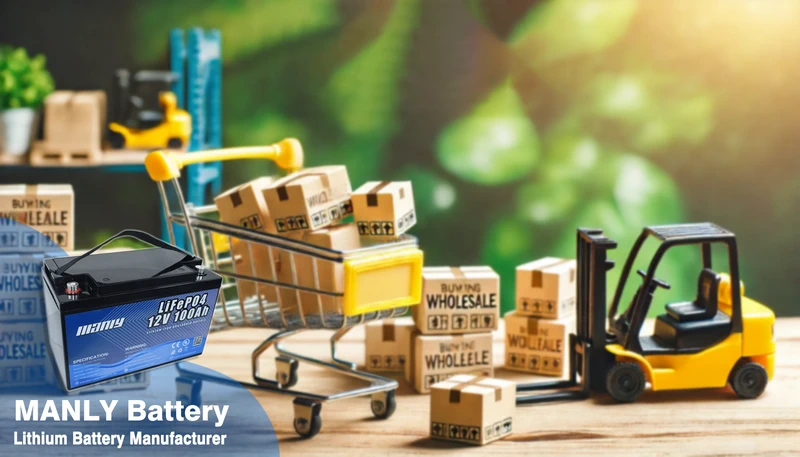
Benefícios do comércio atacadista
Eficiência de custos
One of the most significant advantages of wholesale trade is cost efficiency. Wholesalers purchase goods in bulk, which allows them to negotiate lower unit prices with manufacturers. This cost-saving benefit is then passed down to businesses, enabling them to reduce material costs while increasing profit margins.For example, in the battery wholesale market, businesses purchasing lithium batteries in large quantities benefit from economies of scale. Companies like MANLY Battery offer discounts based on order size:- Pedidos abaixo de 200 baterias são cobrados a preços padrão.
- Pedidos de 200 a 500 baterias recebem um desconto de 5%.
- Encomendas superiores a 500 baterias beneficiam de um desconto de 15%.
Melhor acesso aos produtos
Wholesale trade also offers businesses broader access to diverse products. By collaborating with wholesalers, companies can source a wide range of goods, including specialized or customized options, without the need for extensive supplier searches.In the lithium battery wholesale market, for instance, wholesalers like MANLY Battery provide tailored solutions to meet specific industry needs. A renewable energy company may require batteries optimized for high capacity and long cycle life, while an automotive manufacturer might need compact, lightweight designs for electric vehicles. Through wholesale channels, these businesses gain access to a variety of products that cater to their unique requirements, streamlining operations and improving efficiency.Additionally, wholesalers often offer wholesale services such as packaging, logistics, and technical support, ensuring businesses have a seamless procurement experience.Parcerias de longo prazo
Building and maintaining long-term partnerships is another critical benefit of wholesale trade. Wholesalers and businesses often develop ongoing relationships based on trust, reliability, and mutual benefit. These partnerships ensure a steady supply of products and foster better communication, allowing businesses to adapt to market changes quickly.For instance, MANLY Battery prioritizes strong partnerships with its B2B clients. By providing consistent quality, flexible pricing, and responsive customer support, MANLY Battery helps businesses manage their supply chains more effectively. Over time, such partnerships enhance a company's reputation, attract new customers, and improve customer retention rates.Moreover, long-term partnerships with reliable wholesalers simplify the process to find wholesale suppliers, reducing risks and enhancing operational stability.Diferença entre varejo e atacado
Escopo de Mercado
The primary difference between wholesale trade and retail lies in their target audience and transaction scale. Wholesale focuses on selling goods in bulk to businesses, organizations, or institutions, such as B2B wholesalers supplying products to retailers, manufacturers, or government entities. In contrast, retail targets individual consumers, offering smaller quantities of finished goods directly to end-users.For instance, BKL Hospitality, a wholesale furniture supplier, provides bulk furniture solutions to hotel chains like Marriott and Hilton, catering to their extensive furnishing needs. In contrast, a local furniture store sells individual pieces to consumers for personal use. This delineation allows wholesalers to meet the large-scale demands of businesses, while retailers concentrate on personalized consumer experiences.Preço e lucratividade
Another key distinction is the pricing and profitability structure. Wholesale trade operates on a bulk pricing model, allowing businesses to purchase products at discounted rates. Wholesalers earn profits through high-volume sales rather than individual item markups.Retail, on the other hand, focuses on per-unit pricing, which includes a significant markup to cover operating costs and generate higher profit margins per item. For example, True Leaf Market Wholesale supplies bulk garden seeds to commercial growers at discounted rates, enabling retailers to purchase in large quantities and resell at a markup to individual customers. This pricing structure benefits both wholesalers and retailers by optimizing cost efficiency and profit margins.Relacionamento com o cliente
Customer relationships also differ between wholesale and retail trade. Wholesale emphasizes building long-term partnerships with B2B clients. These relationships are often maintained through direct communication, consistent service, and tailored solutions.Retail, in contrast, focuses on creating a positive shopping experience for individual customers. Strategies such as marketing, loyalty programs, and personalized service are used to attract and retain consumers.For example, a lithium battery wholesale supplier like MANLY Battery prioritizes robust B2B relationships by offering flexible order quantities, reliable delivery schedules, and comprehensive customer support. These long-term partnerships help businesses maintain a steady supply of products, ensuring operational stability.Meanwhile, a retail store selling a single lithium battery may focus on customer satisfaction through product recommendations, warranties, and user-friendly purchasing processes.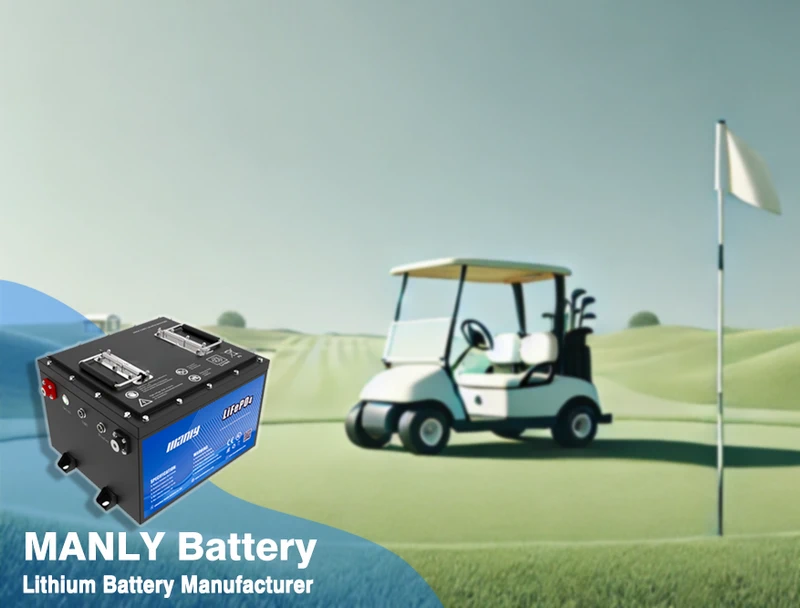
Como funciona o comércio atacadista?
Compra em massa
Wholesale trade begins with large-scale purchasing. Wholesalers buy goods directly from manufacturers or suppliers in bulk, allowing them to negotiate lower unit prices. These products are often stored in warehouses for easy access and management until they are resold.For instance, Staples Business Advantage, a wholesale supplier for office products, purchases massive quantities of items like pens, paper, and office furniture from manufacturers. By acquiring such products in bulk, Staples reduces costs, enabling them to sell at competitive prices to businesses.This process is not limited to consumable goods. In industries like battery wholesale, wholesalers procure lithium batteries in significant quantities, ensuring a stable supply for clients in sectors like renewable energy and automotive.Venda para organizações
Wholesalers primarily cater to B2B wholesalers, retailers, and large institutions. Unlike retail trade, which serves individual consumers, wholesale trade focuses on fulfilling the needs of businesses that require goods in bulk.For example, Grainger, a leading industrial supply wholesaler, serves clients like factories, schools, and government agencies. Their extensive catalog includes tools, safety equipment, and industrial components, providing organizations with cost-effective solutions.This model is also evident in lithium battery wholesale, where wholesalers supply bulk orders to electric vehicle manufacturers and energy storage providers. By targeting organizations, wholesalers enable their clients to reduce costs, streamline operations, and scale their businesses effectively.Cumprindo e gerenciando pedidos
Efficient logistics and order management are crucial for wholesale trade. Wholesalers must ensure timely delivery and maintain accurate inventory to meet client demands. Advanced systems for tracking orders and managing stock levels are often used to optimize operations.For instance, Amazon Business, the wholesale arm of Amazon, integrates advanced logistics and inventory systems to fulfill bulk orders for businesses across various industries. Their same-day and two-day shipping options help businesses maintain adequate stock levels without overcommitting to storage.Such logistics excellence is also vital in battery wholesale, where precise order management ensures timely delivery of products like lithium batteries, reducing downtime for clients in time-sensitive industries.Mantendo Relacionamentos com Fornecedores
Building and maintaining strong relationships with suppliers and customers is key to the success of wholesale operations. Wholesalers often act as intermediaries, facilitating smooth communication and trust between manufacturers and buyers.For example, Sysco, a wholesale distributor in the foodservice industry, maintains long-term partnerships with suppliers to ensure consistent quality and availability of products. These relationships allow Sysco to offer a reliable supply chain to restaurants, schools, and hospitals.In battery wholesale, companies focus on partnerships with manufacturers to secure consistent supply while offering tailored solutions to clients. Strong relationships enhance reliability, ensuring businesses can depend on wholesalers for their critical needs.Estudo de caso: atacado de baterias de lítio
Por que o atacado de baterias de lítio é essencial
The global demand for lithium batteries is skyrocketing due to their wide-ranging applications across industries such as golf carts, marine vessels, robotics, and energy storage systems. Their lightweight design, long lifespan, and superior efficiency make them a preferred choice over traditional lead-acid batteries.For instance, in the energy storage sector, baterias de lítio are instrumental in powering residential and industrial systems, ensuring reliable backup power. In robotics, these batteries enable precision and long operational hours, while in marine applications, their durability supports navigation in harsh environments.MANLY Battery stands out as a leading provider in the lithium battery wholesale market, serving diverse sectors globally. With a daily assembly of over 3,000 battery units and versatile product offerings, including LiFePO4 batteries, MANLY caters to industries with high customization needs. Their robust manufacturing capabilities and dedication to quality exemplify the pivotal role of wholesale trade in meeting global battery demands.Desafios no mercado atacadista de baterias de lítio
The lithium battery wholesale market faces unique challenges, such as inventory management and stringent quality control. Lithium batteries, often required in bulk by industries like automotive and energy storage, demand precise forecasting and efficient supply chain management to prevent overstocking or shortages.Additionally, maintaining consistent quality across large orders is crucial. Certifications such as UN38.3, UL, and CE are essential to ensure batteries meet global safety standards, especially for industries requiring high reliability, like robotics or renewable energy.MANLY Battery addresses these challenges by implementing rigorous quality control measures and offering globally certified products. Their ability to customize batteries to specific voltage and capacity requirements helps clients overcome design and performance constraints. This focus on quality and customization positions MANLY as a trusted partner in the battery wholesale market.Serviços de atacado da bateria MANLY
MANLY Battery excels in providing tailored wholesale services designed to meet the diverse needs of B2B clients:- Opções flexíveis de pedido: MANLY acomoda pedidos de tamanhos variados, oferecendo descontos diferenciados para compras em grandes quantidades para beneficiar empresas de todos os portes.
- Logística Eficiente: Leveraging advanced shipping methods, MANLY ensures timely delivery. Options include:
- Correio Aéreopara pedidos abaixo de 150 libras, com prazo de entrega de 10 a 15 dias.
- Frete Aéreopara remessas de 200 a 500 libras, oferecendo um prazo de entrega mais rápido de 7 a 10 dias (desembaraço aduaneiro incluído).
- Frete Marítimo for orders over 500 lbs, providing cost-effective solutions for larger shipments with delivery times of 20-35 days. MANLY’s shipping methods are designed to balance speed and cost, catering to clients worldwide.
- Serviços de personalização: As soluções personalizadas da MANLY cobrem tensão, capacidade e design, permitindo que os clientes recebam baterias adaptadas às suas necessidades exatas.

